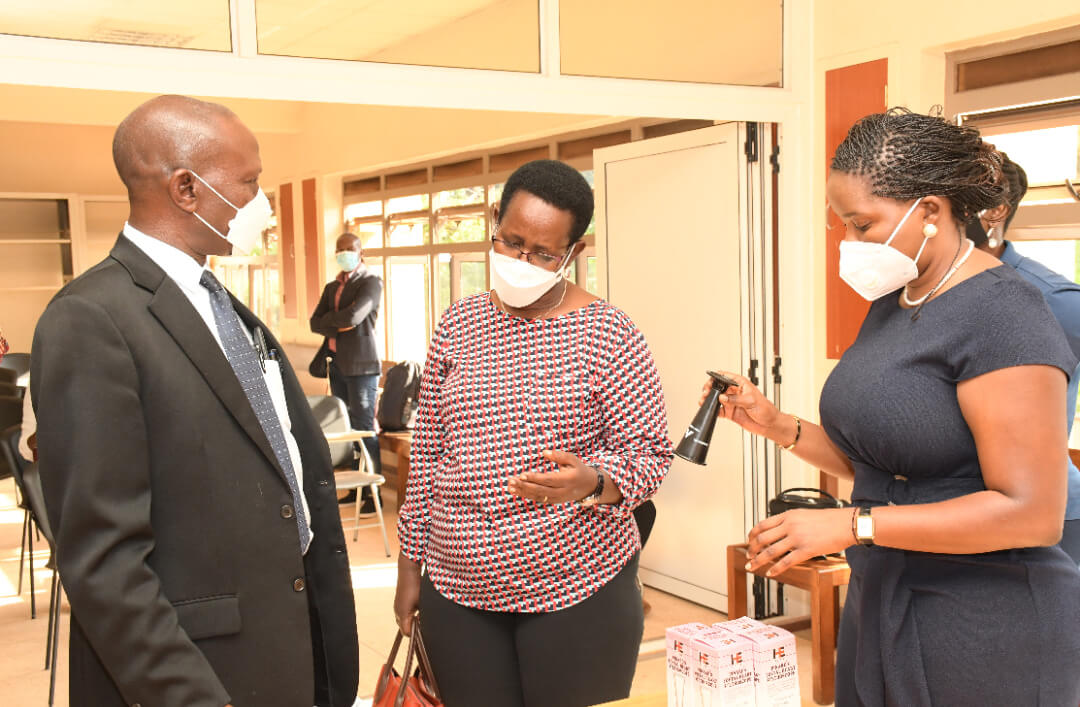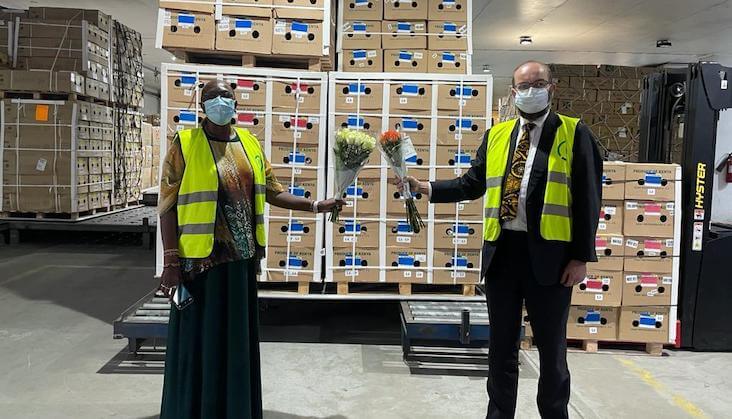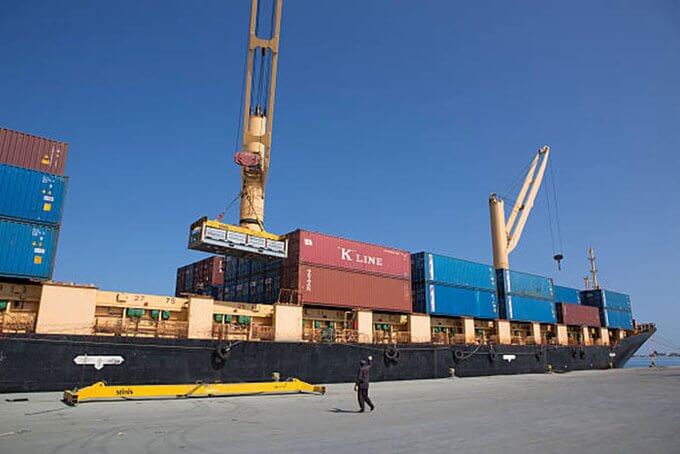A shipping line has suspended its port congestion surcharge it introduced last month, offering relief to traders who continue to decry inefficiencies and delays at the Mombasa facility. CMA CGM, one of the leading shipping groups in East Africa and the third biggest worldwide container carrier, introduced the fees in February, for all cargo to and from Mombasa except that from China, to meet the additional costs it incurred as a result of delays. The liner charged Sh5,000 per 20 feet container and Sh10,000 per 40 feet container from Mombasa to other worldwide destinations for the same kind of cargo. For cargo from global port states to Mombasa, traders paid Sh15,000 per 20 feet container and Sh30,000 per 40 feet container. Port stakeholders say the fee suspension will lower the cost of business but challenged Mombasa port operators to streamline operations to end congestion which has remained unresolved since the beginning of this year. “We are happy that port congestion surcharge to all cargo which was introduced by shipping lines about a month ago has been scrapped after long discussions but the rate of cargo uptake to Nairobi and other hinterland regions remains a major issue which needs to be addressed,” said Shippers Council of Eastern Africa (SCEA) chief executive officer Gilbert Langat. Mr Langat said an increase in vessels calling at the port from Asia against inadequate numbers of wagons using the standard gauge railway (SGR) to ferry the cargo from Mombasa to Nairobi was a major setback that...
Relief for traders after shipping line drops port delay-related fees
Posted on: March 29, 2021
Posted on: March 29, 2021























